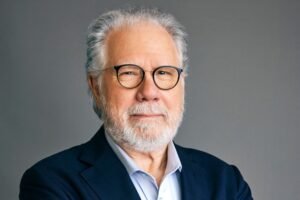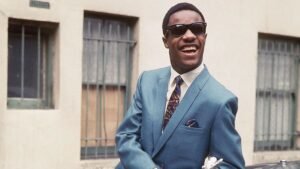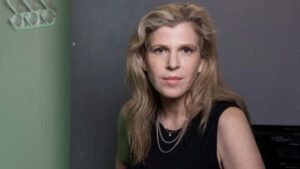MacKenzie Scott and her silent legacy

MacKenzie Scott ha donado más de 16.000 millones de dólares a organizaciones sociales desde 2019, redefiniendo el modelo filantrópico tradicional.
MacKenzie Scott is a writer, philanthropist, and one of the most influential women of the 21st century. Recognized for her role in the early days of Amazon and for her commitment to wealth redistribution, she has donated billions to social organizations around the world. Her discreet style and unconditional approach have redefined the concept of modern philanthropy.
From literature to corporate directories: the beginnings
MacKenzie Scott was born in San Francisco and graduated from Princeton University, where she studied literature under the tutelage of the renowned writer Toni Morrison. This education left a lasting impact on her narrative sensitivity, reflected in her novel The Testing of Luther Albright, which won the American Book Award in 2006. Although her public profile has been linked to the business world, her original identity was deeply connected with the literary world and introspective reflection.
In the 1990s, she met Jeff Bezos while working at D.E. Shaw, a technology investment firm in New York. In 1994, they moved to Seattle and founded Amazon, where she played a key role in the early stages of the company, managing contracts, accounting, and legal tasks in the early days of the venture. Although her operational role was brief, her influence was substantial in the company’s initial organizational structure and strategic decision-making.
A separation that redefined the global philanthropic map
MacKenzie Scott’s divorce from Jeff Bezos in 2019 was one of the most talked-about in recent history, not only for the volume of assets transferred — nearly 4% of Amazon, making her one of the wealthiest women on the planet — but for what she did with that wealth. While many expected a low-profile life or private investments, Scott surprised with an audacious decision: to dedicate most of her fortune to direct philanthropy, without bureaucratic intermediaries.
In the same year of her divorce, she signed the Giving Pledge, the commitment initiated by Bill Gates and Warren Buffett for billionaires to donate at least half of their wealth during their lifetimes. Since then, Scott has distributed more than $16 billion to over 1,600 organizations, according to data from Yield Giving, the platform she created to bring transparency to her donations.
A new model of donation: trust and decentralization
Unlike traditional foundations, Scott’s approach focuses on unconditional delivery and without complex procedures. This method has been valued by organizations that, for decades, had to adapt to the frameworks of large philanthropists. Scott has championed the principle of trust as a transformative engine, supporting causes related to racial justice, community education, public health, gender equity, and environmental sustainability.
Among the beneficiaries are historically Black universities, indigenous health centers, women-led organizations in developing countries, and local programs in rural areas of the United States. Her method of selection does not stem from public applications but from quiet analysis work by an advisory team that then directly provides the funds.







